
Adjective clauses, also known as relative clauses, are a vital part of English grammar that add detail and specificity to sentences. They are formed using relative pronouns or adverbs, and can be used to describe nouns or pronouns in a main clause. In this article, we will cover the basics of adjective clauses, including how to identify and form them correctly, common mistakes to avoid, and advanced topics such as non-defining clauses and reduced adjective clauses. By the end of this article, you will have a thorough understanding of adjective clauses and how to use them to enhance your writing.
形容词从句,也称为相对从句,是英语语法的重要组成部分,可为句子增加细节和特异性。它们使用相对代词或副词组成,可用于描述主句中的名词或代词。在本文中,我们将介绍形容词从句的基础知识,包括如何正确识别和形成它们、要避免的常见错误以及非定义从句和简化形容词从句等高级主题。在本文结束时,您将对形容词从句以及如何使用它们来增强您的写作有透彻的了解。
Adjective Clauses 形容词从句
What are adjective clauses?
什么是形容词从句?
An adjective clause, also known as a relative clause, is a type of subordinate clause that modifies a noun or pronoun in a sentence by providing additional information about it. Adjective clauses are introduced by a relative pronoun or a relative adverb, and are connected to the main clause in a sentence. They function as adjectives, and therefore add detail and specificity to sentences by answering questions such as “which one?” or “what kind?”.
形容词从句,也称为相对从句,是一种从句,它通过提供有关名词或代词的其他信息来修饰句子中的名词或代词。形容词从句由相对代词或相对副词引入,并与句子中的主从句相连。它们起到形容词的作用,因此通过回答诸如“哪一个?”或“什么样的?”之类的问题来增加句子的细节和特异性。
For example: 例如:
- The man who was wearing a red hat is my uncle.
戴红帽子的男人是我的叔叔。
In this sentence, the adjective clause “who was wearing a red hat” modifies the noun “man” and tells us more about the specific person being referred to.
在这句话中,形容词从句“谁戴着红帽子”修改了名词“人”,告诉我们更多关于所指的具体人的信息。
- The city where I grew up is beautiful. In this sentence, the adjective clause “where I grew up” modifies the noun “city” and tells us more about the specific city being referred to.
我长大的城市很美。在这句话中,形容词从句“我长大的地方”修改了名词“城市”,并告诉我们更多关于所指的具体城市的信息。
Purpose of adjective clauses
形容词从句的目的
The purpose of adjective clauses is to provide additional information about a noun or pronoun in a sentence. They are used to give more detail and specificity to a sentence and to help clarify the meaning. Adjective clauses can also be used to connect ideas within a sentence and make writing more cohesive. They can be used to answer questions about the noun or pronoun such as “which one?”, “what kind?”, “whose?”, “when?”, “where?” or “why?”.
形容词从句的目的是提供有关句子中名词或代词的其他信息。它们用于为句子提供更详细和具体的信息,并帮助澄清含义。形容词从句也可用于连接句子中的想法,使写作更具凝聚力。它们可以用来回答有关名词或代词的问题,例如“哪一个?”,“什么样的?”,“谁?”,“什么时候?”,“在哪里?”或“为什么?”。
For example: 例如:
- The woman who was speaking at the conference was an expert in her field.
在会议上发言的女士是她所在领域的专家。
In this sentence, the adjective clause “who was speaking at the conference” provides additional information about the noun “woman” and tells us more about the specific person being referred to.
在这句话中,形容词从句“谁在会议上发言”提供了有关名词“女人”的额外信息,并告诉我们更多关于所指的具体人的信息。
- The book that I am reading is a bestseller.
我正在读的这本书是畅销书。
In this sentence, the adjective clause “that I am reading” provides additional information about the noun “book” and tells us more about the specific book being referred to.
在这句话中,形容词从句“我正在阅读”提供了有关名词“书”的附加信息,并告诉我们有关所指特定书籍的更多信息。
Additionally, adjective clauses can also be used to create more complex and interesting sentences, by adding depth, nuance and making sentences more informative.
此外,形容词从句还可用于创建更复杂和有趣的句子,通过增加深度、细微差别并使句子更具信息性。
In summary, the purpose of adjective clauses is to provide more detail, specificity and clarity to sentences, to answer questions about a noun or pronoun and to make writing more cohesive and interesting.
总之,形容词从句的目的是为句子提供更多的细节、具体和清晰,回答有关名词或代词的问题,并使写作更具凝聚力和趣味性。


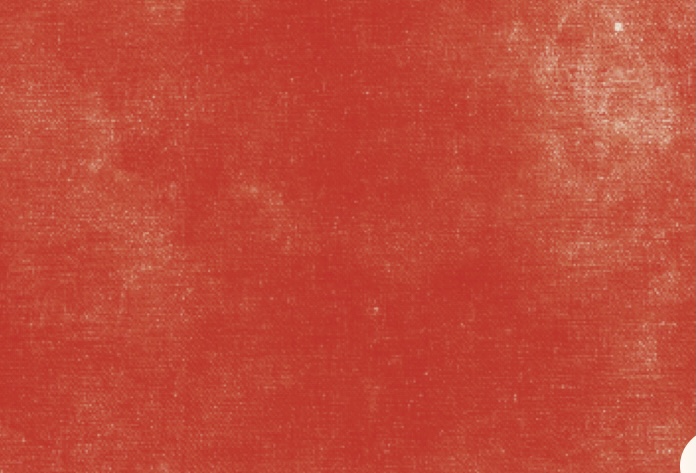







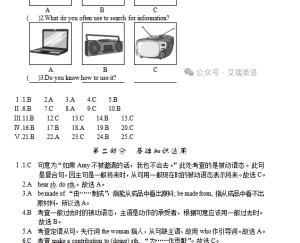
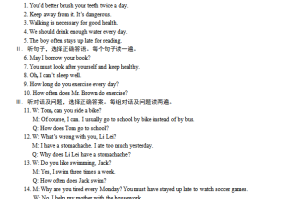


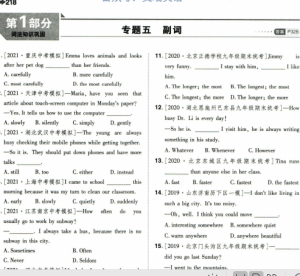
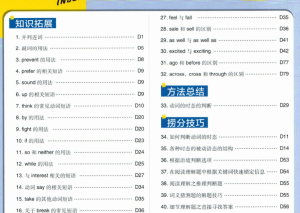
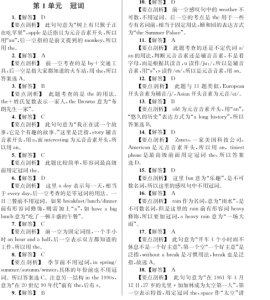
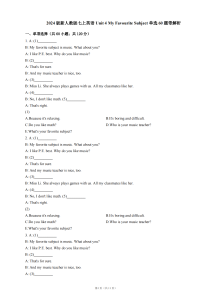



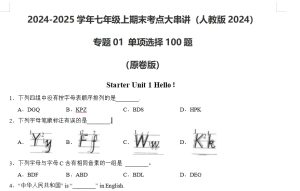
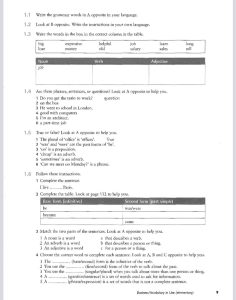



暂无评论内容